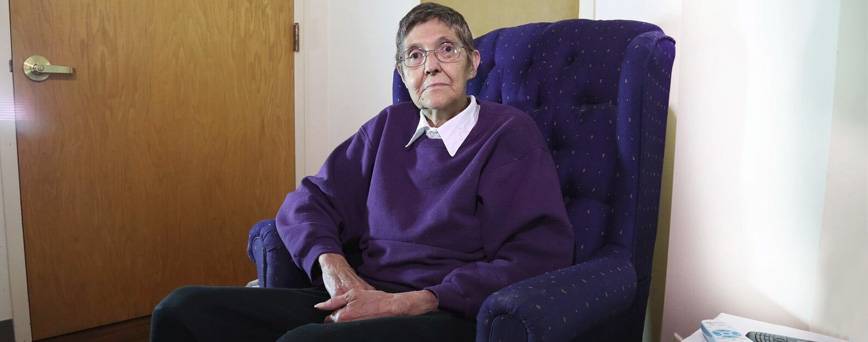Are there laws that protect LGBT people from discrimination in housing?
Yes, there are a range of protections for LGBT older adults at the federal, state, county and municipal levels. Some govern public actors, some private, and some are tied to whether you receive money from the government. There are different ways that these laws are enforced as well – some require that you file complaints with agencies, file lawsuits, or involve contacting police.
Housing anti-discrimination laws may apply to: public housing, private housing (with few exceptions for small or owner-occupied dwellings), senior housing communities, skilled nursing facilities, assisted living facilities, shelters, and similar facilities.
At the federal level, the Fair Housing Act prohibits discrimination in most private and public housing on the basis of race, color, national origin, religion, sex, familial status or handicap. The FHA makes it illegal to discriminate against any person in the terms, conditions, or privileges of sale or rental of a dwelling, or in the provision of services.





